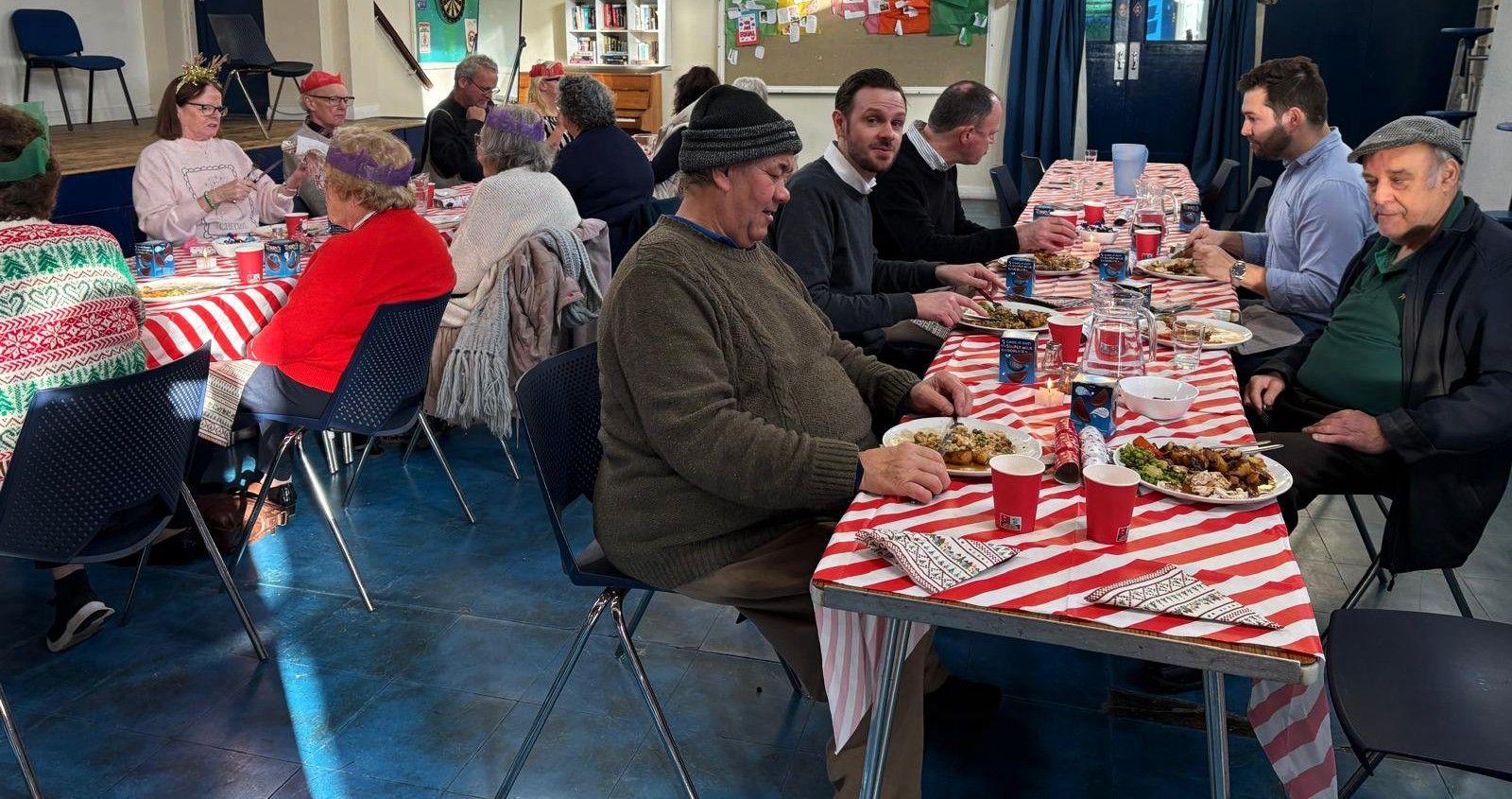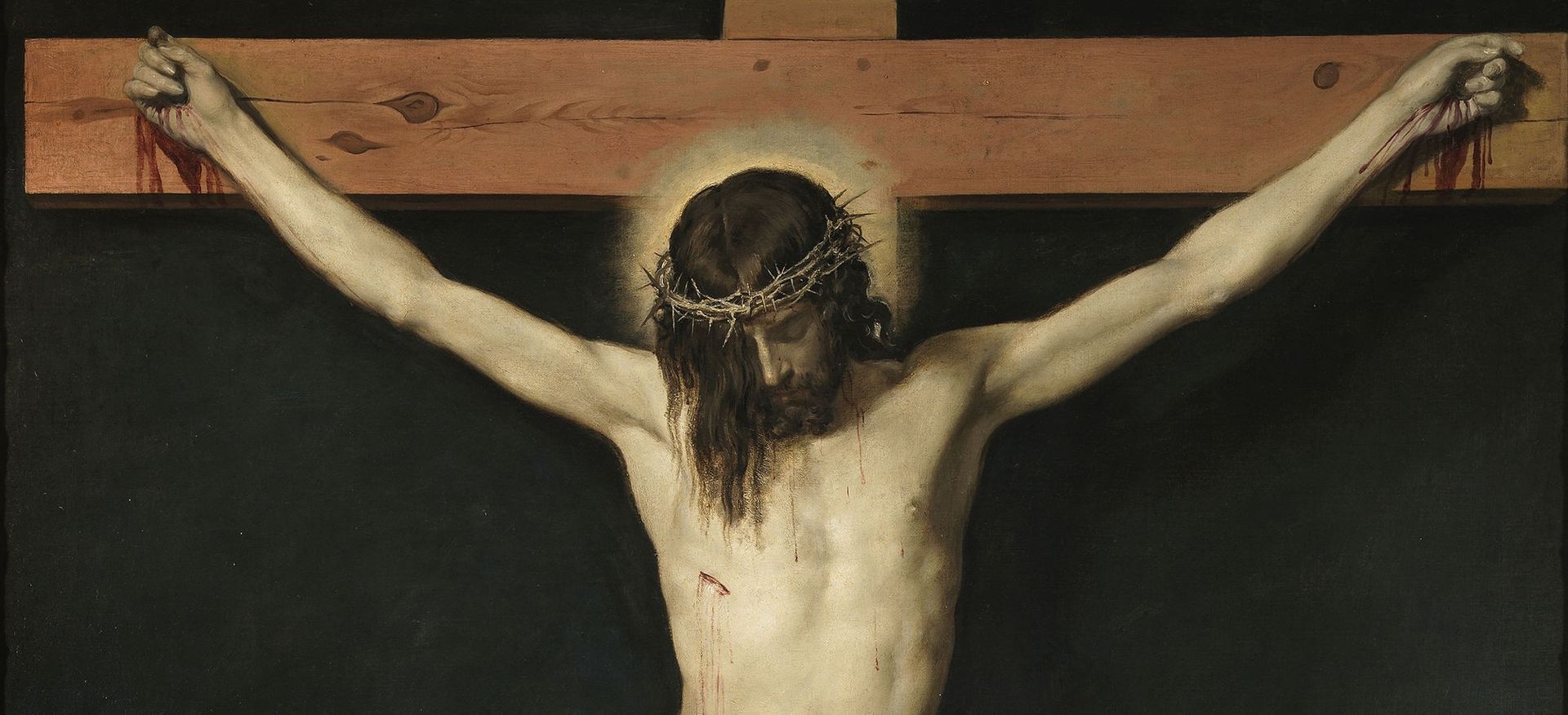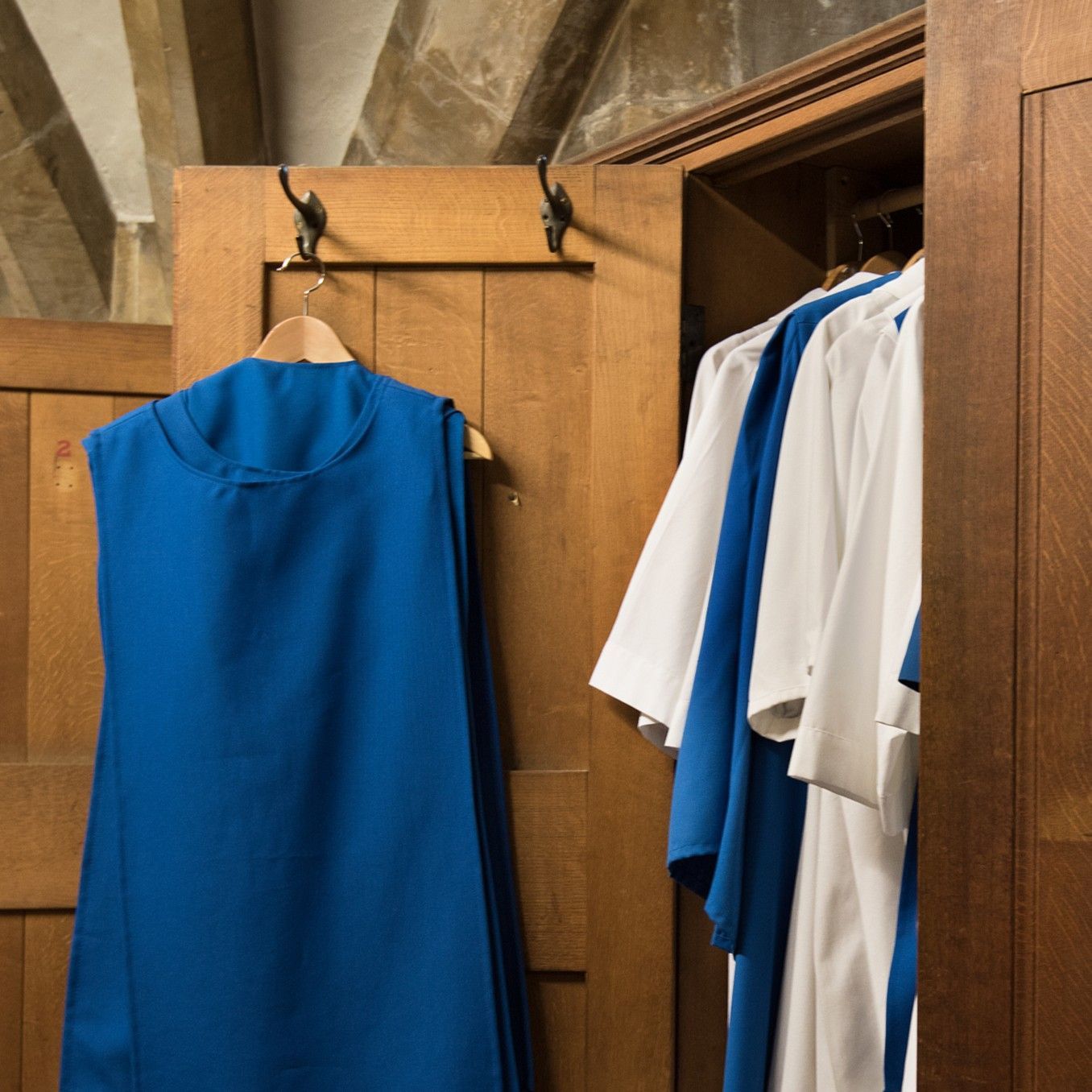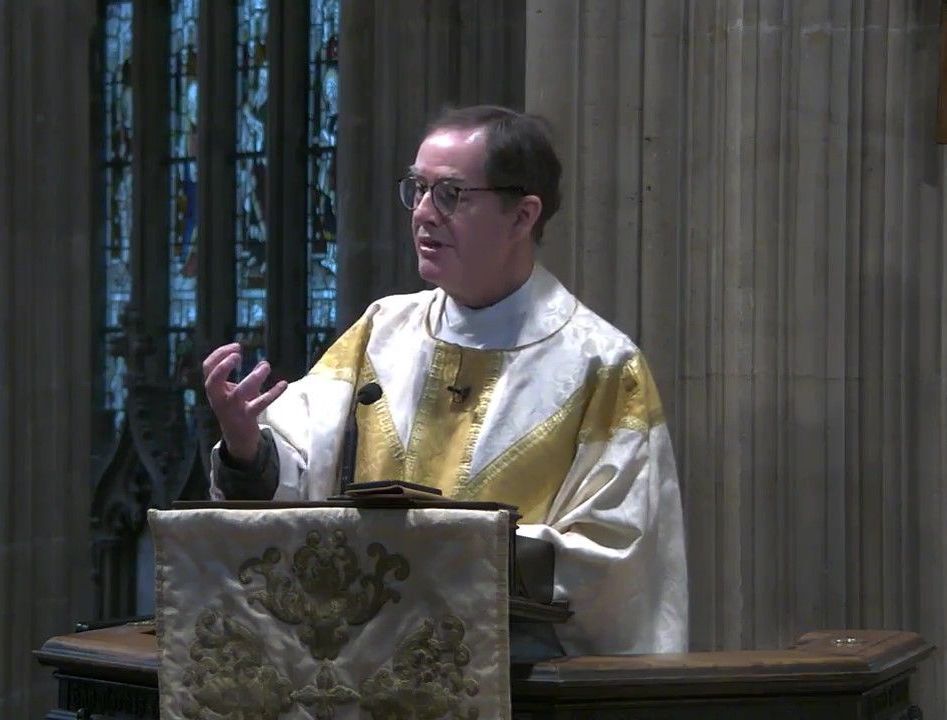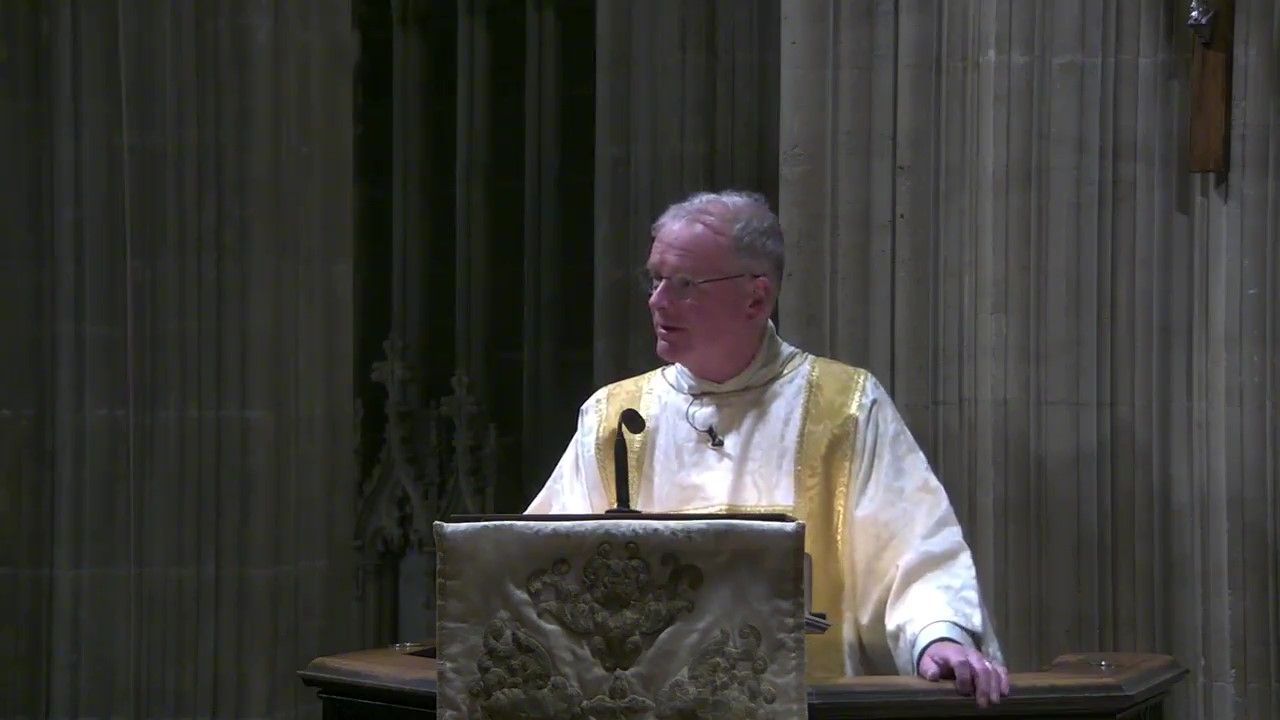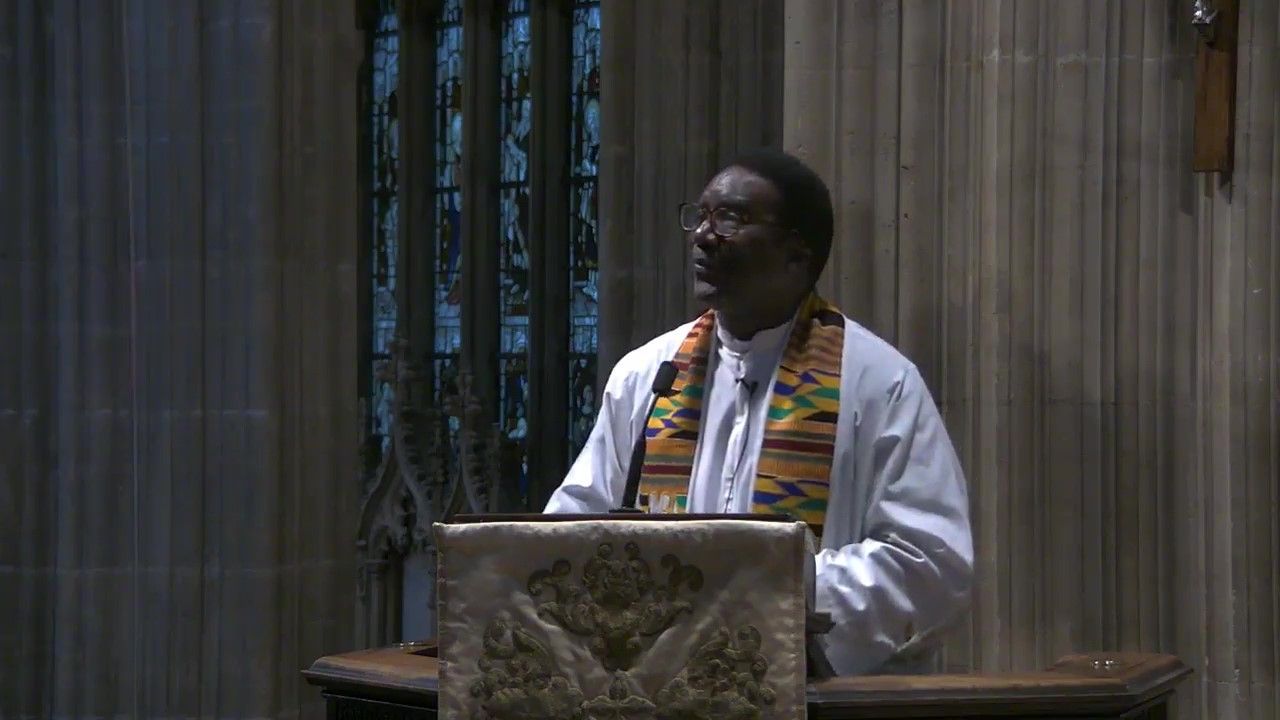In the beginning
On Sunday morning you might be forgiven for thinking: “What – it’s not Midnight Mass!” as you hear the gospel reading from John’s gospel. The opening section of the gospel is always read at the dead of night as Christmas Eve retreats and Christmas Day emerges with its promise of ‘light that shines in the darkness and the darkness did not overcome it’.
Yet, this passage is the gospel of the day on the 2nd Sunday after Christmas … when there is one! With Epiphany on 6 January, we only have two Sundays after Christmas when Christmas Day is late in the week! And then, once every three years, we also have the very same passage on the second Sunday before Lent, which is this Sunday.
For such a fabulous passage, redolent with meaning and abounding in mystery, it’s good to encounter it more than once a year. But three times in six weeks! And then not again for another ten and half months! The mystery of this passage is matched only by the mystery of the Liturgical Commission which has the unenviable job of deciding which passages of scripture are to be read in three services every Sunday over a three-year rolling programme !!
Maybe it’s got something to do with the darkness of the winter months? Maybe that’s why it is our set passage more than once at this time of year? But if it is, I do wonder if we’re missing something quite significant?
Those opening words about the Word, about God, about being with; the concepts of all things coming into being with the Word and no thing coming into being without the Word; the definition of the Word as the life and the light; and the summation of this extraordinary fragment that the light shines in the darkness and the darkness did not overcome it.
Sublime poetry which seeks to define the indefinable and describe the indescribable events of the very beginnings of life, of creation, of light and hope and love.
So that’s the ‘What?’. Even if it is a partial, imperfect, and fragmentary attempt, the author starts by trying to answer the question ‘What happened?’
But what about the ‘Why?’
I think there is a clue to that. But it can get overlooked because of grand sweeping nature of the language and the powerful images being painted. I also can’t help wondering whether there is a moment in this passage where the author runs away with their own enthusiasm. It’s in the last short paragraph:
And the Word became flesh and lived among us, and we have seen his glory, the glory as of a father’s only son, full of grace and truth.
There is a real chance that the author of these words didn’t write them down. In the oral tradition of the day, these narratives would have been past down from mouth to mouth, ear to ear. They may have been subject to (intentional or unintentional) modifications in the telling. I have no proof to support this theory, but it’s always struck me that the sentence above contains one such interruption.
In the excitement of knowing this truth and the eagerness to convey it to others, I can’t help wondering if these words found their way into the narrative:
and we have seen his glory, the glory as of a father’s only son.
If so, we are left with a concise answer to the question ‘Why?’
And more than that, we’re faced with an answer to the next question: ‘So what?’
If that’s what the Word made flesh is full of, then presumably that’s my calling as well.
And the Word became flesh and lived among us,
full of grace and truth.
Dan Tyndall
2 February 2024
